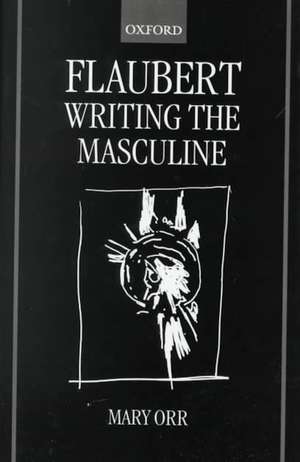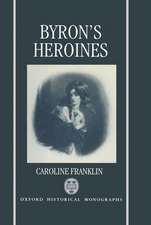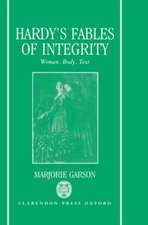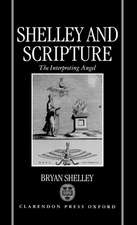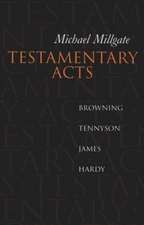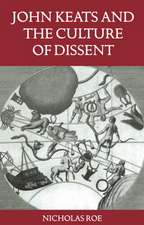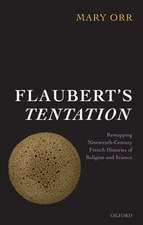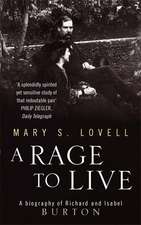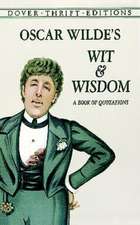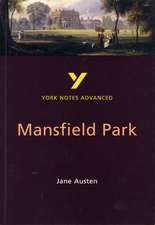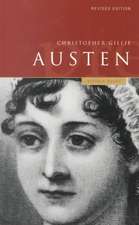Flaubert: Writing the Masculine
Autor Mary Orren Limba Engleză Hardback – 9 mar 2000
Preț: 888.94 lei
Preț vechi: 1352.10 lei
-34% Nou
Puncte Express: 1333
Preț estimativ în valută:
170.09€ • 178.07$ • 140.75£
170.09€ • 178.07$ • 140.75£
Carte tipărită la comandă
Livrare economică 25-31 martie
Preluare comenzi: 021 569.72.76
Specificații
ISBN-13: 9780198159698
ISBN-10: 0198159692
Pagini: 250
Dimensiuni: 144 x 225 x 19 mm
Greutate: 0.42 kg
Editura: Clarendon Press
Colecția Clarendon Press
Locul publicării:Oxford, United Kingdom
ISBN-10: 0198159692
Pagini: 250
Dimensiuni: 144 x 225 x 19 mm
Greutate: 0.42 kg
Editura: Clarendon Press
Colecția Clarendon Press
Locul publicării:Oxford, United Kingdom
Recenzii
Orr revitalises old arguments and wittily tests idées reçues ... This is a book not only for gender studies specialists, but for all readers of Flaubert.
Mary Orr's reassessment of Flaubert's characters in light of power structures endorsing male status constitutes a valuable contribution to the body of scholarship. Her elucidation of historical and social contexts, combined with insightful intertextual analyses and a skillful methodological approach make for an engaging study.
This is a rigorous and persuasive piece of criticism.
Mary Orr's reassessment of Flaubert's characters in light of power structures endorsing male status constitutes a valuable contribution to the body of scholarship. Her elucidation of historical and social contexts, combined with insightful intertextual analyses and a skillful methodological approach make for an engaging study.
This is a rigorous and persuasive piece of criticism.
